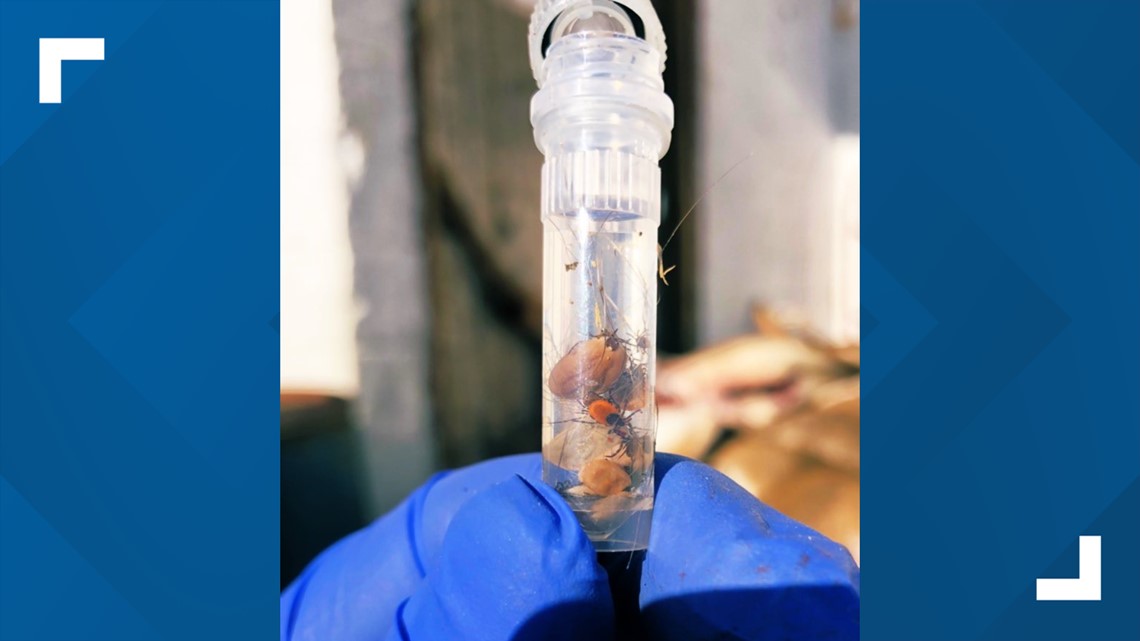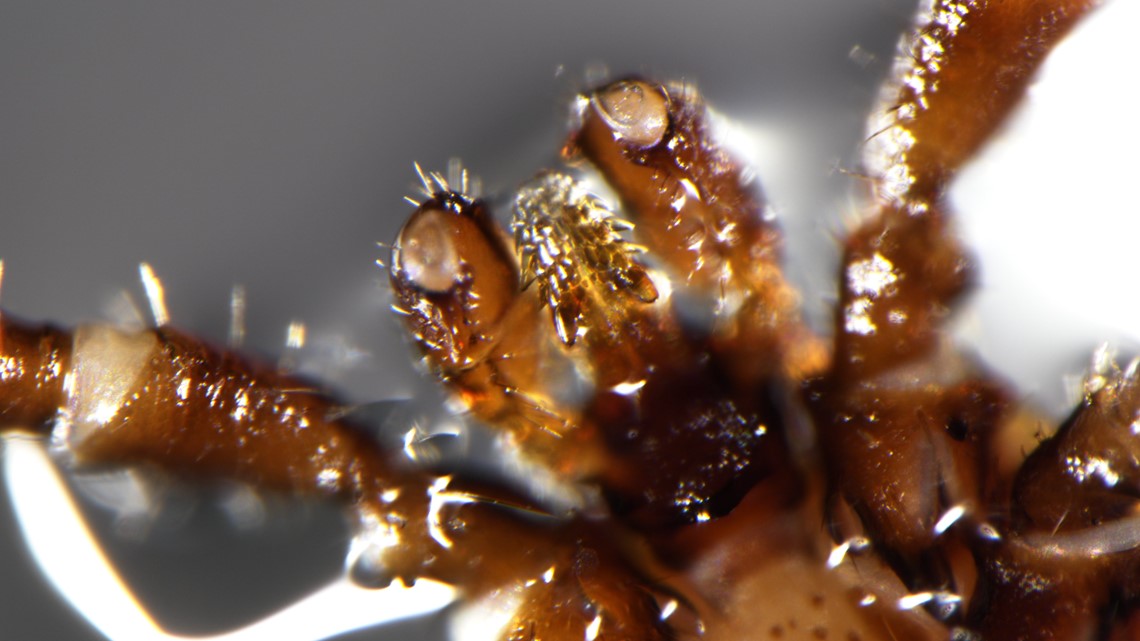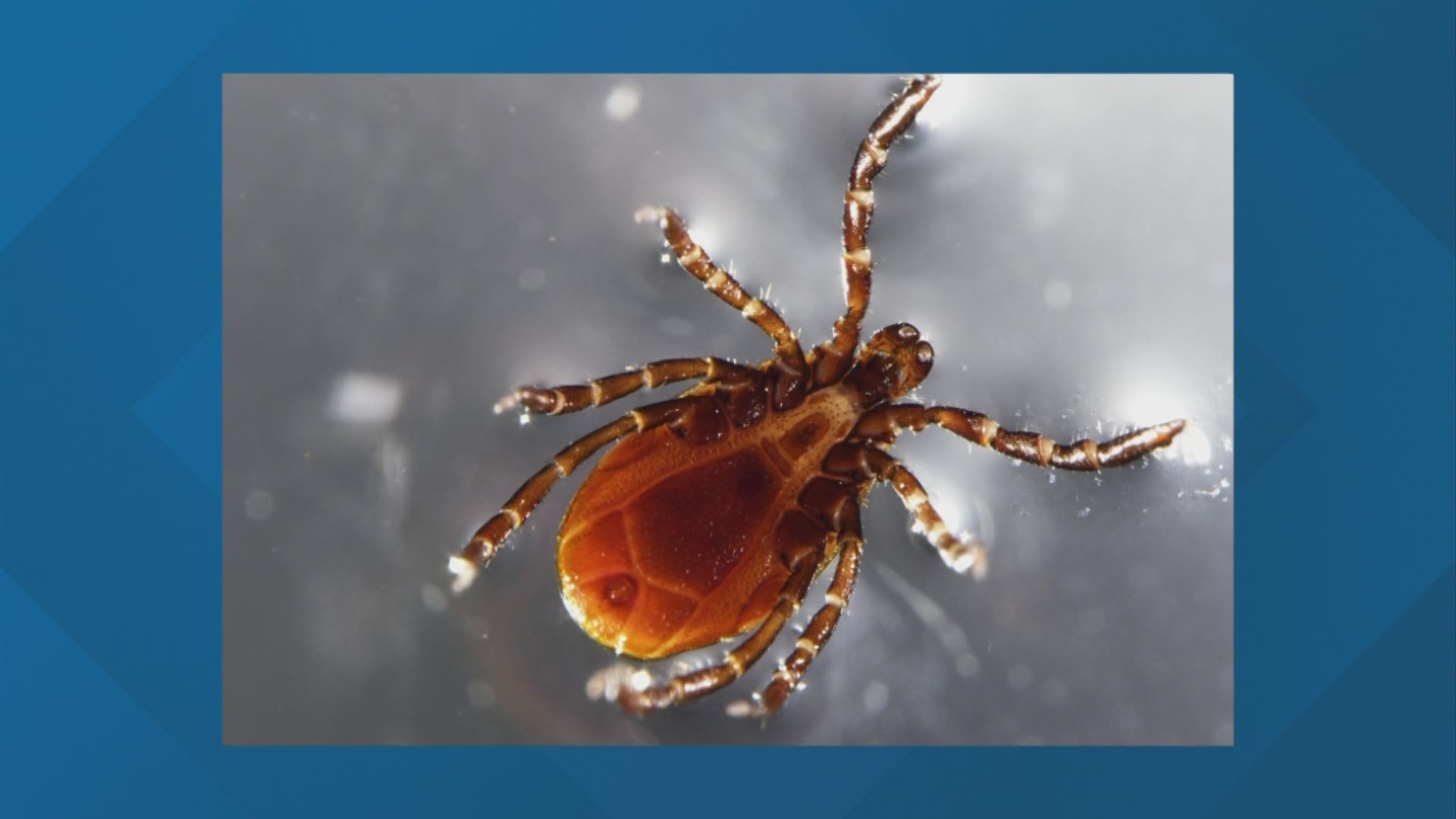While you are enjoying the warmer weather, an uninvited house guest may be latching on to your springtime fun.
May is the beginning of tick season and research done at the Ohio State University Department of Veterinary Medicine has found an increase in their population over the past 10 years.
The Ohio Department of Health has also found that cases of diseases spread by ticks have been reported more frequently within the past decade.
There are around a dozen species of ticks in Ohio but the American dog tick, blacklegged tick and the lone star tick impact people and pets the most.
Scientists have found that these species have traveled from other states nearby to parts of Ohio over the past few years.


Veterinarians at Ohio State have also been studying the location of where these ticks are found across the city.
“A majority of encounters with ticks occur in our day-to-day lives or in our own backyards,” said Dr. Risa Pesapane, the Assistant Professor at OSU School of Environment and Nature Resources.
The Pesapane Lab accepts ticks from all over the state to better understand ticks and the diseases they may carry. If you happen to find and remove a tick, as that you put it in the freezer before submitting it.
You can find more information on how to submit a tick here.


The best way to prevent ticks this summer is by wearing repellent that contains up to 30% DEET, check your body and your pets daily and wear long, light-colored clothing.

